Substance Use Disorder confidentiality rules
Federal laws protect the privacy of substance use disorder (SUD) treatment records. These rules (Part 2) have recently been updated to improve coordination of your care and better match other health privacy laws, like HIPAA (Health Insurance Portability and Accountability Act).
Changes beginning February 8, 2026
- You will sign a simplified written consent to allow the sharing of your SUD records for treatment, payment and operations (TPO). This written consent will extend to additional record sharing as needed and allowed by HIPAA.
- You may directly request your own medical records.
- SUD records cannot typically be used in legal proceedings without your permission or a court order.
- Any organization violating these new rules faces penalties updated to match HIPAA.
What’s not changing
- Your written consent is still required for most SUD record sharing.
- We’ll continue to maintain strict privacy standards and notify you of our legal duties and privacy practices. See SUD patient privacy practices.
- Each time your records are shared, they’ll include a statement that they’re protected by federal law.
What to expect
- You’ll be asked to sign a simplified consent form.
- You can refuse to sign or cancel your consent at any time. Refusing to sign the consent may affect our ability to treat you.
- SUD records will be available in MyChart.
- These records will be visible to anyone you’ve named as proxy with MyChart access. A proxy is a person you’ve given approval to see your medical records and be involved in treatment decisions. If you’d like to remove this proxy access, you can do so in MyChart.
- If you don’t have a MyChart account, but would like one to be able to manage your SUD care, including the ability to message providers, see treatment plans, make or cancel appointments, refill prescriptions or see test results, visit mychart.osu.edu.
Questions?
Contact the behavioral health associate director or manager in the substance use disorder program at Talbot Hall at 614-257-2512. For patients receiving care at the outpatient clinic on Olentangy River Road, you may contact the nurse manager at 614-366-8378.
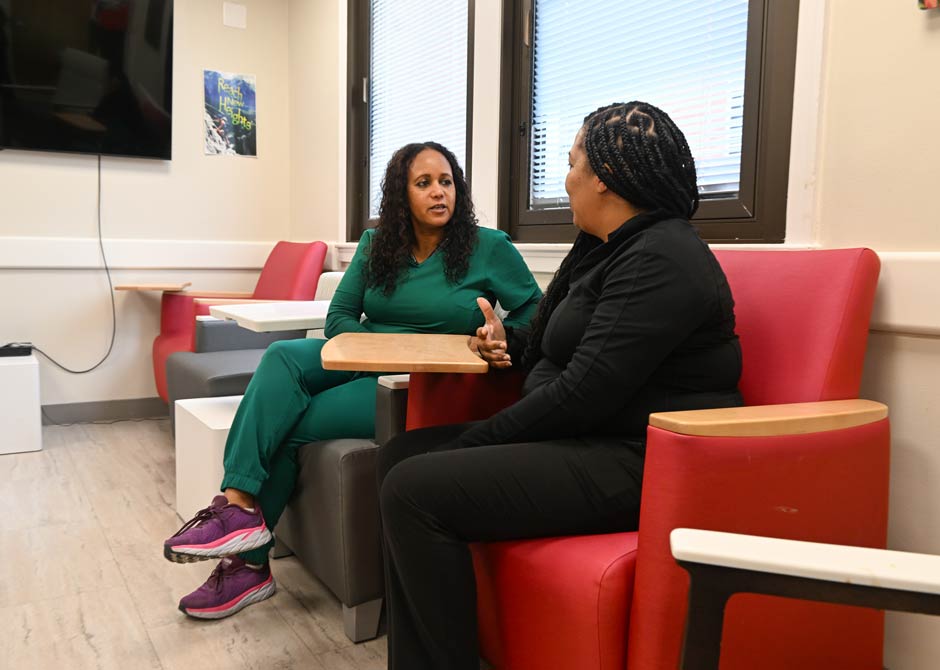
If you or a loved one are struggling with a substance use disorder, life can feel hopeless, but addiction doesn’t have to define you. Recovery is possible.
You don’t have to go through it alone.
The Ohio State University Wexner Medical Center has the most highly trained team of drug and alcohol addiction experts in Columbus, Ohio — dedicated, compassionate specialists including psychiatrists, physicians, nurse practitioners and counselors. With their partnership, you’ll learn new strategies for overcoming old habits and breaking the grip of addiction.
We know treatment for substance use disorder isn’t a one-size-fits-all approach. We’ll put together a treatment plan that’s personalized to your unique situation. We offer various levels of care, including residential and outpatient services, medically assisted treatment, specialized programming for pregnant women, and cognitive behavioral and other proven therapies. No matter your needs, we’re here to help.
If you or a loved one want help now, call 614-257-3760 for more information or to schedule an appointment.
What is substance use disorder?
Substance use disorder, also known as drug addiction, is characterized by a pattern of uncontrolled use of a substance despite it causing harm physically, mentally and socially.
A substance is any drug or medicine, legal or illegal, and people with a substance use disorder become so preoccupied with using the substance or recovering that it impairs their daily life. The condition is common, and an estimated 20 million Americans have a substance use disorder.
Substances often associated with substance use disorder include:
- Alcohol
- Marijuana
- Prescription medications, such as pain pills or stimulants
- Cocaine
- Opiates, such as heroin and fentanyl
- Methamphetamine
- Inhalants
- Hallucinogens, such as ecstasy or LSD
We treat people who are addicted to any of these substances, as well as others.
It’s important to remember that substance use disorder is a complex brain condition that often requires professional medical help to treat. Substance use disorder isn’t a result of a person’s lack of judgment or failures.
What are signs and symptoms of a substance use disorder?
Symptoms of substance use disorder can fall into one of four categories: impaired control, social changes, risky behaviors and tolerance. Some examples of symptoms include:
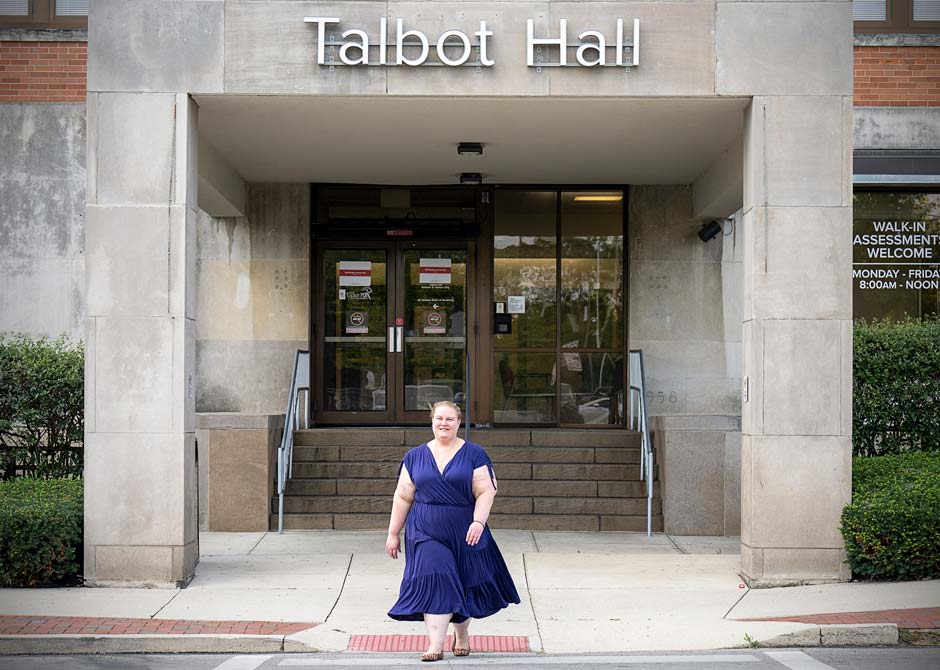 Craving the substance
Craving the substance
- Using the substance despite it causing physical, mental and social problems
- Being unable to stop using the substance or using it more than planned
- Being unable to complete tasks at home or work because of substance use
- Losing interest in hobbies or passions
- Using the substance in risky settings, such as while driving or engaging in sexual behavior
- Building up a tolerance to the drug, meaning you need more of it to achieve similar effects
- Experiencing withdrawal symptoms when you don’t use the drugs
If you think your child, other family member or friend might be addicted, it’s important to notice signs of drug use early. Signs to look for include:
- Issues at school or work, such as missing assignments or decreased performance at school or work
- Disinterest in physical appearance, such as not bathing or lack of interest in clothing
- Health problems, such as fatigue, weight changes or red eyes
- Changes in behavior, such as being secretive, changing friend groups, or getting in trouble with the law or other authority figures
- Money issues, such as borrowing or stealing money or stealing items to sell for money to buy drugs
What’s the difference between a substance use disorder and addiction?
Substance use disorder is a newer medical term meant to underscore the fact that physical and psychological dependence on a drug occurs on a spectrum of mild, moderate or severe. Addiction is most often associated with the most severe form of the disorder, when a person uses the substance despite negative consequences.
Substance use disorder is a diagnosis that offers better clarity to the condition a person might be experiencing while reducing the stigma around words such as addiction, addict and drug abuse.
Why choose Ohio State for your addiction treatment?
The Ohio State Wexner Medical Center is a leader in treating substance use disorder in central Ohio and the region. As a large, academic health system, we’re able to offer benefits not available elsewhere while still providing individualized, compassionate care.
Keys to our substance use disorder program include:
Capacity – We know time is of the essence when you’re in crisis or you make the decision to get sober. Currently, we don’t have a waitlist for most programs, whether at our main Talbot Hall location, several satellite locations or our telehealth services. We recently opened a new residential unit, adding 15 beds for live-in behavioral treatment. This is in addition to the 25 withdrawal management beds we have.
Comprehensive care – We offer the highest level of medical withdrawal management to safely help you stop using drugs, various types of behavioral therapy, expertise in medications for substance use disorder and the latest advances in the study of addiction medicine. We also offer specialized programs, such as our Substance Abuse, Treatment, Education and Prevention Program (STEPP) for pregnant people.
Continuity – No matter where you are in your recovery journey, we have a level of care ideal for your treatment. We have urgent care services, residential programs, various levels of inpatient and outpatient care as well as partners in the community to get you back to living your life. You can get all your addiction treatment in one health system, even if you relapse.
Chronic treatment – Our programs don’t have traditional time limits for how long you can receive a level of care, and we treat substance use disorder as a chronic disease. We’re prepared to help you for the long haul.
Comorbidity management – Many people who have substance use disorder have dual diagnoses, especially relating to mental health. Since we’re a large academic medical center, we have the capability to treat depression, anxiety or other mental health conditions alongside your addiction.
Substance use disorder treatment options at Ohio State
We have a diverse continuum of care that offers various sorts of treatment for substance use disorder. Your treatment will begin with an initial evaluation to decide what type and level of care is right for you.
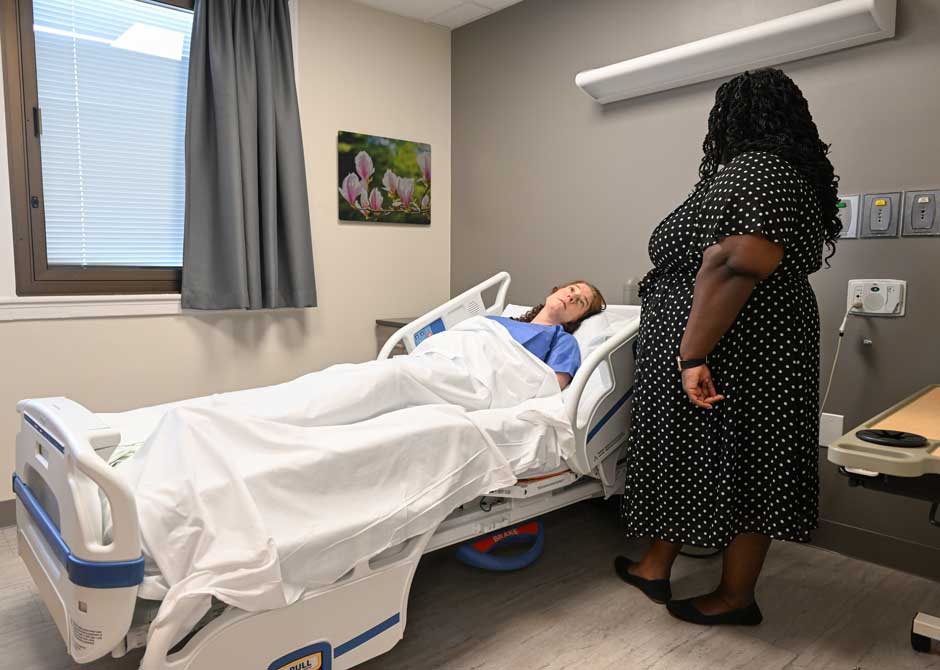
Detoxification process
Depending on the severity of your substance use disorder, you might need to undergo medical withdrawal management, where we will monitor your detoxification process to keep you safe and ease discomfort. We are a Level IV — the highest level — medical withdrawal management unit, with 25 beds for detoxification.
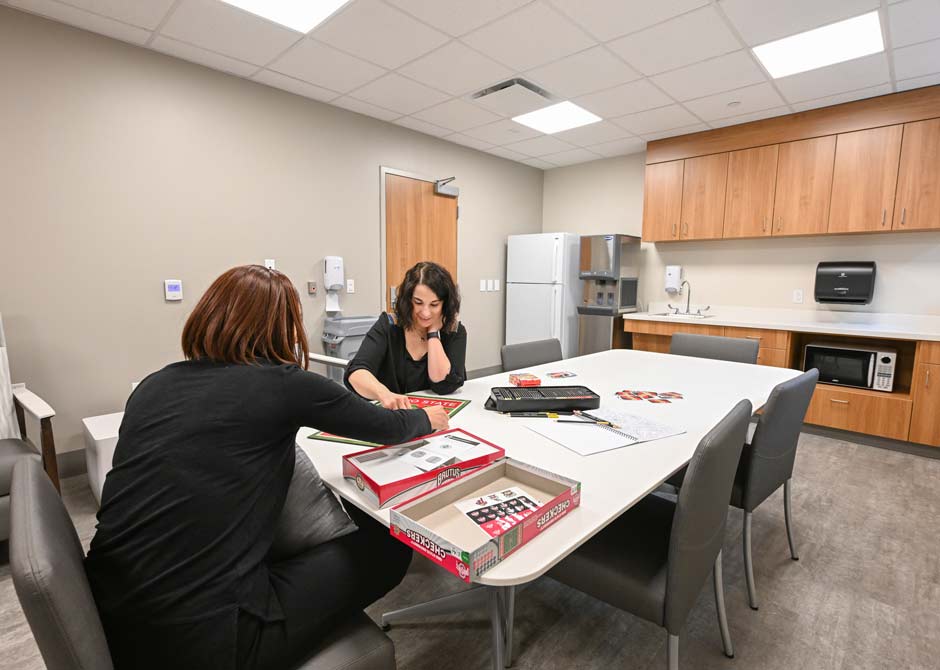
Residential treatment
Our recently opened residential treatment unit offers a safe, supportive environment for those in recovery. You can stay in the in-hospital, 15-bed unit for up to 30 days for further stabilization and the start of treatment, with the goal of getting you back to independent living.

Partial hospitalization
After an inpatient stay, many people continue treatment in our partial hospitalization program. This program is a lower-cost alternative to overnight hospital care while still providing the structured support you need if you’re not yet ready to make a full return to home or work.

Intensive outpatient
These sessions are held on Mondays, Tuesdays and Thursdays. You can choose a morning or evening time so you can maintain family and work responsibilities. Participants generally attend 18 sessions over six weeks. Once you complete this, you can transition to a follow-up plan, which could include individual and/or group therapy.
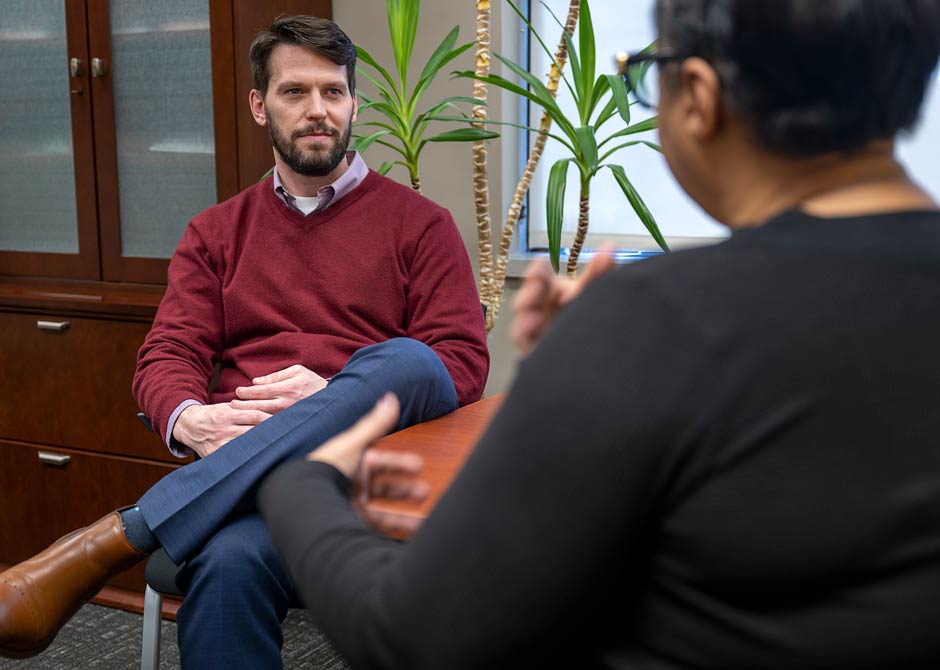
Outpatient program
We offer both individualized therapy and weekly group therapy. The goal is to help you overcome the compulsion for drugs and maintain daily control. Our specialized groups bring together people with similar experiences for relatability: men’s and women’s groups as well as groups for working professionals, parents, members of the LBGTQ+ community or those with a traumatic brain injury. Those are only a few of the nearly 20 groups we have.

Medication management
Throughout all levels of care, you will meet regularly with medical staff to maintain control over any required prescriptions, such as Suboxone, Sublocade and Vivitrol.
Insurances we accept
We accept most commercial insurances, Medicaid, Medicare and other government programs. View a list of all the insurances we accept.

